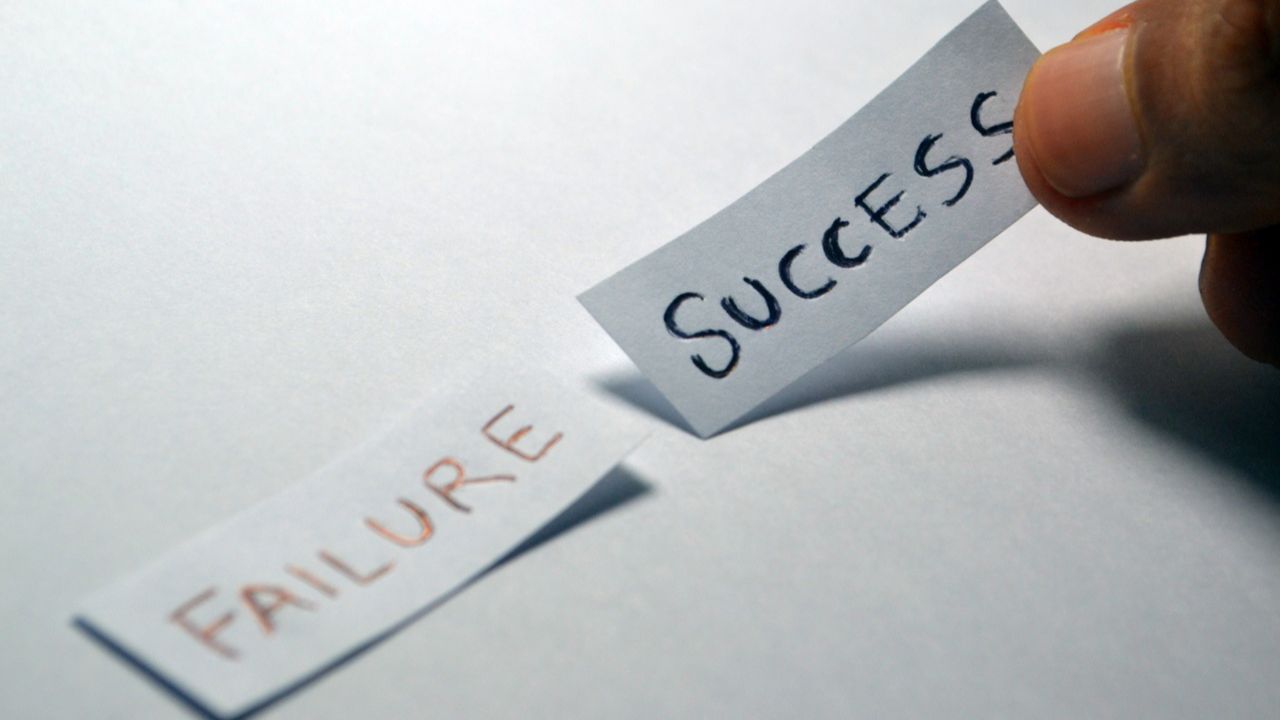Learning from Failure
Oct 30, 2025
In June of 2000, I was only about a month into my new role facilitating (I’m intentionally not calling it leading and you’ll see why shortly) the 5S implementation across 200,000 square feet of the facility I worked in. In case you’re familiar with the idea, Sorting everything in a work area, Setting it in Order so you could find exactly what you needed when you needed it, Shining it to identify potential issues in advance, Standardizing the process to make training new team members very straight forward, and Sustaining each of those behaviors to capture long term return on the effort served as a very basic first step in a large Lean Manufacturing initiative. Each of those 5 S’s were simple but often required team members to change how they had been doing things for years. Habits are hard enough to change, but convincing someone what they’ve done for decades isn’t the best possible method treads heavily on feelings - regardless of how much logic the idea is based on.
Since four of us were selected to roll out the 5S initiative, we each gravitated to the areas of the facility where we had the most experience. In one of the first “training sessions” I delivered for a small group I had recently worked beside daily, one of the most senior team members was visibly disengaged. I was still one of the youngest employees in the building but viewed this new opportunity as a bit of a promotion (even though I was being paid the same hourly rate as when I operated a press), so I felt somewhat entitled to push my weight around. That led to quite the pissing contest, which only resulted in both of us having wet shoes - figuratively, not literally. Truth be told, the only thing that came from me attempting to bust his chops in front of the rest of that small group was an argument with a guy I worked extremely closely with for four years leading up to that point. He and I made amends in the days that followed, and I quickly realized that any results I hoped to achieve would only come by earning buy-in. If I wanted to truly lead my coworkers through that 5S implementation, rather than just facilitate training sessions that never resulted in changed behaviors, learning from that failure and every other failure I would experience moving forward was critical.
Interestingly enough, I remember how concerned I was that this one interaction, a failure to gain that team member’s buy-in during that initial session, would ruin any chance I had to succeed in the role. Which got more attention as we went through school, the answers we got right or the ones we got wrong? I can’t speak for you but I still have some mild PTSD from all the red x’s on nearly every test I ever took in an English class - especially when it came to grammar. And during my first four years in that manufacturing setting, the only time I received any type of disciplinary action was when I ran a batch of parts wrong; we were still able to use the parts, they just weren’t correct for the order that was scheduled.
Far too many of us have been taught to view mistakes as failures instead of opportunities to learn and improve. In the fifth lesson of our Emerging Leader Development course, Cindy and I emphasize the importance of reflecting on not just what we’ve achieved but the actions we took leading up to those results. I share this quote from Peter Drucker to drive the point home: “Follow effective action with quiet reflection. From quiet reflection will come even more effective action.” I build on that by suggesting that quiet reflection can turn even ineffective action into more extremely effective action IF we’re learning from failure instead of allowing it to paralyze us.
As we looked at how influence has so much more power than the authority of a title, I shared something Mark Cole told me several years ago, “I trust leaders who make mistakes. I don’t trust leaders who make excuses.” I’ve never met someone who achieved anything worthwhile who hadn’t made a ton of mistakes along the way. We’ve all known people who ace any test they take without the slightest bit of preparation. Passing an exam can get you certified but learning from our failures is where we build the kind of qualification that will help others get better as a result. Pulling for the experience of others can certainly speed up our process, but being willing to pass along to anyone we’re able to mentor is where we really begin to establish our qualification - so we’ll pick up there soon.
90-DAY GUIDE: Lead Your Team Through Any Leadership Challenge
Did You Know?
Growing your leadership acumen is the fastest way to equip your team to lead through today's leadership challenges.
We've been equipping leaders like you for decades. We know you do not need another theory. You need a clear starting point and a simple system. This guide gives you both.
Includes a 90-day action plan.
We hate SPAM. We will never sell your information, for any reason.





